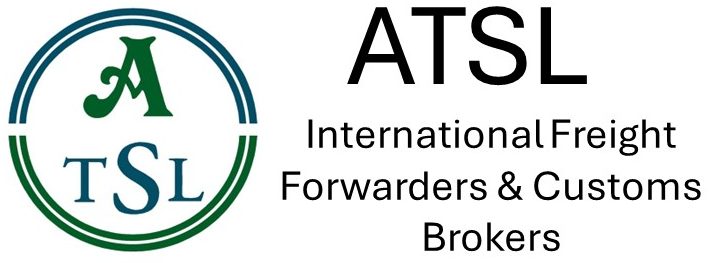- From 1 July 2018, all new outdoor power equipment and marine engines imported into Australia or domestically manufactured in Australia must meet the emissions standards specified in the Rules. A Community Protection Question will be triggered when using certain tariff codes.
- From 1 July 2020, all products supplied in Australia must meet the emissions standards specified in the Rules.
- Imports of outdoor power equipment and marine engines are controlled under the Act and managed by the Department of the Environment and Energy.
- Importers must ensure their products carry either an Australian certification or a certification from a recognised international authority; or have an exemption from the Australian emissions standards.
- Recognised international regulatory authorities are: the United States Environmental Protection Agency, Californian Air Resources Board, a member state of the European Union and Environment and Climate Change Canada.
- Importers should check import requirements before importing goods and allow adequate time to apply for Australian certification or an exemption if one is required.
- Customs brokers must answer the Community Protection Question in the Integrated Cargo System by entering the certification (foreign or Australian) or exemption number.
Guidance on what a foreign certification number looks like is available for download. - The Department undertakes post-border compliance action on any imports that breach the requirements of the Act. Importers and suppliers are liable for the offences which include: import and supply and not meeting labelling and record keeping requirements.
- Products that are imported without a recognised certification or exemption in place may be seized and importers may be liable to penalties and prosecution.
- Administration of the emissions standards is fully cost recovered. Import data collected through the Integrated Cargo System will be used to calculate the levy for importers. Fees are charged for certification and exemption applications.

18
Jun
